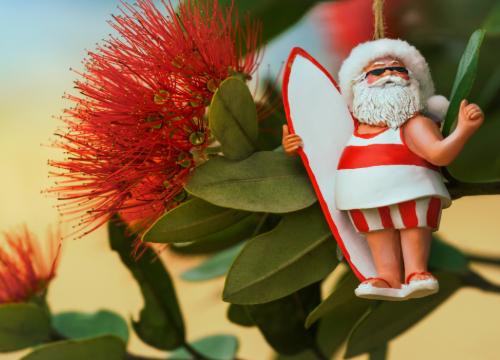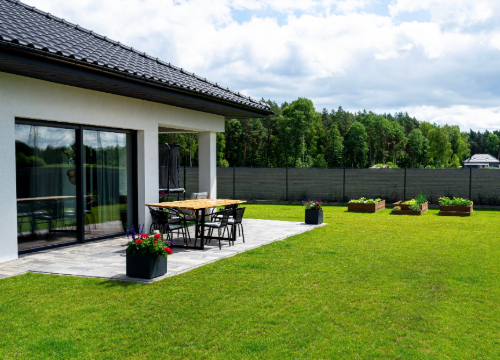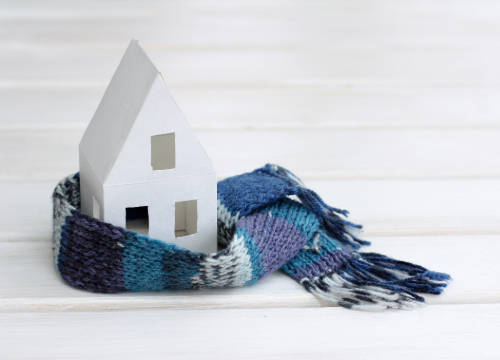Social media and technology are all around us. Nearly everyone has a smart phone, tablet, laptop and social media account, but according to the 2017 Norton Cyber Security Insights Report, 49% of millennials don’t have any security measures on their devices, and they’re the most likely age group to share their passwords. It may seem like nothing, but living in a social media and technological world comes with threats to our security and privacy. Let’s take a look at some top security threats.
1. Having your identity stolen
It might be surprising to hear, but identity theft is on the rise even in New Zealand. In fact 2017 was a huge year for online criminals (SecurityBrief.co.nz). Identity thieves take personal information they find on social media sites, like Facebook, Instagram and YouTube. Most social networking sites ask for information such as your email address and date of birth, so if your accounts are hacked, it’s very easy for a hacker to get all the information they need to steal an identity.
So how can you protect yourself?
- Have a strong password. The stronger the password, the harder it is to guess. We know it’s good to use special characters, numbers, upper and lower case characters, etc. but consider a passphrase instead of a password. An abstract phrase such as"hosiery20]smile" is going to be much harder to guess than your mother’s maiden name.
- Be careful with status updates. Posts such as a photo of your cat or dog with a little caption saying “Isn’t Sharon cute!?” may be innocent enough, but can give a lot of information to identity thieves, especially if your cat or dogs name is one of the answers to your security questions.
- Don’t reveal your location. You don’t always have to tag a location on a social media post - but if you do, tag the location after you leave, and never tag your home or workplace address. And keep in mind photos often contain location information. It’s also a good idea to check the settings on your social media apps to see if they are tracking your location and turn off location services if they are.
2. Computer or social profile hacked
Hackers loooove social networking. As we talked about earlier, it has a lot of your personal information stored, so can easily be used to steal your identity and interact with your friends and family on your behalf. Shortened URLs, such as bit.ly links are can be used by hackers to hide the true URL. It makes it more likely that someone will click it too and be tricked into downloading a virus.
How do you tell if a shortened link is safe?
- Check to see what personal information your apps / social media hold about you. The great thing with social media these days is that you can request what information they have on you. And it’s easy! If you want to check what info Facebook has about you, simply head to Settings, then Download your information if you’re on a mobile device, or Your Facebook Information, then Download your information if you’re on a desktop. You can then get a file created with the information they have. You can do the same for Google as well.
- Hover over a shortened link with your mouse. If you hover over the link without clicking, it often displays the full URL. If you recognise the URL, awesome, click away. If not, best to avoid and head to the site directly.
- Try a link scanner. A link scanner is a website where you can enter a URL that you might find suspicious to check if it is safe. Best to identify the scanner before you need it.
3. You might be letting burglars know when you’re away
Who doesn’t like to share their holiday pics?! But by doing so, you’re inadvertently letting potential burglars know when nobody is home. So how can you stay safe?
- Don’t post your holiday dates or ‘check in’ at airports. If you’ve planned a trip away, avoid putting the exact dates on social media or 'checking in’ on social media when you get to the airport, you’re inadvertently letting potential burglars know that you’re not home for an extended period.
- Post your holiday pics when you get home. Why not wait to do a bulk upload of your holiday pics when you get home. Then you can also marvel at all the awesome things you did while on holiday to… #TBT.
- Don’t tag your location. We’ve talked about this before, but it’s such an important point that it’s good to note again. Wait till you get home to tag any locations!
- Organise a house sitter. What better way to make sure your stuff is safe from burglars while you’re away! If you can’t organise a house sitter, ask your neighbours or a trusted friend if they can check your house regularly and clear your post until you’re back.
4. Phone lost or stolen means data stolen
Imagine this… you lose your phone, or worse yet, it gets stolen. Damnit! But wait, there was no security on your phone?! Whoever has your phone now has access to your contacts, messages, social media accounts, photos and videos, banking apps, and whatever else you keep stored on your phone. If you had good security then that info would be kept safe.
What are the best ways to keep your phone and data safe?
- Add a passcode to your phone. One of the best ways to ensure your phone and data is safe if it was lost or stolen is to add a passcode to be able to unlock it. Most smartphones will have the option to use a 4-6 digit passcode or even a pattern.
- Enable Touch-ID if you have it. That way, one way to unlock your phone is to use your own fingerprint. Easy!
- Back-up your data. If your phone ever did get lost or stolen, then at least you have all your data backed up to the cloud. Phew!
Having your phone, data, personal or financial information stolen would be a traumatic experience for anyone. And with the rise of cyber-crime it’s now more important than ever to make sure we have the right security in place to keep our information safe. So add or review the security on your phones, tablets, laptops, and social media accounts today.
You might also like...
-
 December 2024Lifestyle Blog | State Insurance
December 2024Lifestyle Blog | State InsuranceSurviving the holidays
-
 September 2024Lifestyle Blog | State Insurance
September 2024Lifestyle Blog | State InsuranceSpring prep your home and garden.
-
 June 2024Lifestyle Blog | State Insurance
June 2024Lifestyle Blog | State InsurancePreparing your home for winter
